Pillar says “Most Americans do favor less US involvement in wars in the Middle East.”
Following is the text of the interview:
What are the most important reasons for welcoming rightists and nationalists in Europe and America?
The rise of right-wing nationalism--as represented by, for example, the National Rally in France, the Alternative for Germany in Germany, and the whole Trump phenomenon in the United States--chiefly reflects a sense of insecurity and threatened loss among native-born white citizens, especially lower-middle-class males. There is a large economic component to this, centering on a fear of losing jobs and financial security. Job losses are blamed on immigrants and other foreigners, even though automation has had more to do with such losses. The fears and the appeal of xenophobic nationalism go beyond economics, however, to a more general fear of losing power and status to people of different races and different ethnicity.
One of the most important issues related to the developments in the Middle East was the announcement of the US withdrawal from the region. But in practice, this has not happened. How do you think the US is pulling its troops out of the region?
There is an inconsistency between what the American public wants in general regarding a US military withdrawal from the Middle East and how specific problems and perceived threats in that region play politically. Most Americans do favor less US involvement in wars in the Middle East, and Donald Trump played to that theme as a presidential candidate. But there still is a strong sense in American political discourse that the United States ought to be able to solve problems in that region and any other region, with military force if necessary. American politicians are reluctant to favor withdrawals if there is a chance that their political opponents will blame them for bad things that subsequently happen in whatever country was withdrawn from. Thus the United States is not withdrawing, even militarily, from the Middle East, despite what Trump or any other candidate may have led voters to expect.
One of the major problems facing the US now and in the future is China. Various Western security documents, including a statement from the Munich Security Conference with China, have been cited as a threat. How will America be able to contain China? Will the containment policy work?
It should be remembered that the original policy of containment as applied to the Soviet Union was based on the idea of buying time until the Soviet Union collapsed from its own internal contradictions. The Soviet system did ultimately collapse, but it is not clear whether anything comparable will happen to the system that the Chinese Communist Party has erected. Thus containment might not "work" in the same way. In the meantime, containing China probably should focus on such issues as maintaining free navigation of all the seas in the East Asia-Pacific region, without trying to claim domination over that region by the United States. The US and other Western policies also should be aimed at encouraging China to be a responsible and constructive player as a major global power, a position that China's rise has given it.
The outbreak of the coronavirus points out that there are threats that are more easily resolved through the cooperation of countries. Will the international community learn from the damage caused by the spread of the virus, and will we see increased international cooperation to address global threats?
The virus certainly does point to the need for international cooperation in responding to such a global threat, and one can hope that lessons will be learned in that respect. Unfortunately, some of the responses to the epidemic that may be necessary and appropriate as public health measures may push attitudes in the opposite direction. The view of the virus as a "foreign" threat that crosses international borders that need to be closed tends to play into the hands of xenophobic nationalists.
What will be the economic impact of the coronavirus on the world economy? How will this affect the upcoming US presidential election?
A: It already is clear that the resulting economic recession will be severe, probably on the scale of the one in 2008-2009. Usually, such an economic downturn is bad news for incumbent political leaders, and in this respect, the recession will work against Trump's re-election. However, what American voters react to most is the direction of change in their economic situation. If the recession bottoms out in the summer of 2020 and economic recovery have begun by the time of the election in November, Trump's political situation may start to look better than it does now.
What do you know about the most important international developments in Europe, America, Asia and the Middle East over the past year?
Given the global economic impact, the coronavirus pandemic must now be considered one of the most important developments of the past year. I also would name as among the most important developments Brexit (given its impact on both Britain and the European Union) and, in the Middle East, the war in Syria with all its international involvement and ramifications, and the heightened tensions resulting from the Trump administration's "maximum pressure" campaign against Iran.
Interview by Javad Heirannia


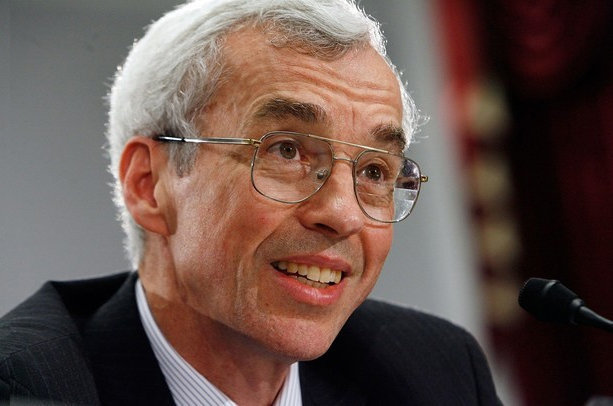



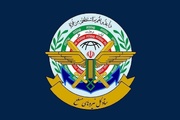


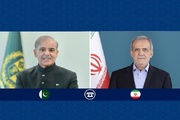



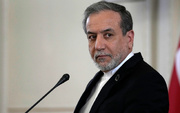


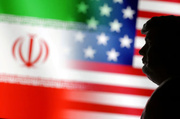





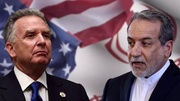
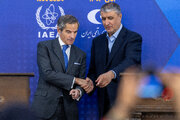



Your Comment